Senior Staff

David A. Lawrence, PhD [1]
Neuroimmunology and Immunotoxicology
We study the immunological aspect of the system biology effects from genetic susceptibilities and environmental stress defined as the exposome on autoimmune diseases, immune deficiencies, and neurodegenerative and neurobehavioral illnesses.
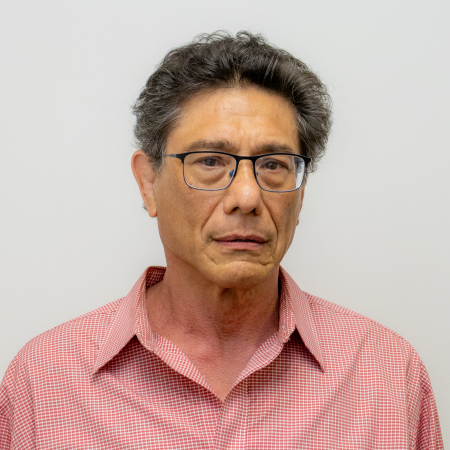
William T. Lee, PhD [2]
Immunological Memory and Diagnostic Immunology
The goal of our research is to characterize the differences between antigenically naive (virgin) and memory T helper cells at the developmental, phenotypic and functional levels.
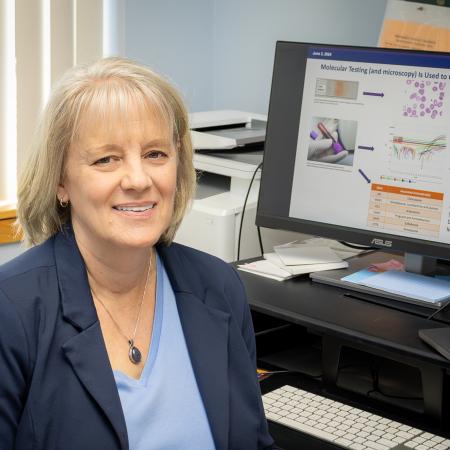
Susan Madison-Antenucci, PhD [3]
Director, Parasitology Laboratory

Nicholas J. Mantis, PhD [4]
Chief, Microbial Pathogenesis and Immunology
We study how serum and mucosal antibodies protect mammalian hosts from microbial pathogens and toxins. We are interested in next-generation vaccines and adjuvants to combat biothreat agents and enteric diseases.
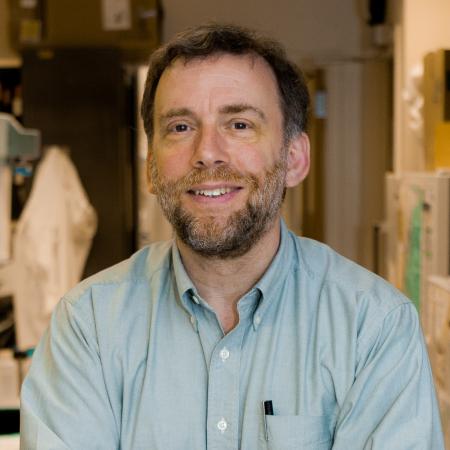
Paul Masters, PhD [5]
Molecular Genetics of Coronaviruses
We use genetics and molecular biology to learn how coronaviruses, a family of RNA viruses including the agents that cause SARS and MERS, replicate their genetic material and assemble into virions during infection.

Kathleen A. McDonough, PhD [6]
Director, Division of Infectious Disease
We study gene regulation in the context of bacterial pathogenesis, with a focus on two pathogens: Mycobacterium tuberculosis, the bacterium that causes TB, and Yersinia pestis, the etiologic agent of bubonic and pneumonic plague.

Lisa Mingle, PhD [7]
Bacteriology Laboratory

Kimberlee A. Musser, PhD [8]
Clinical Director, Wadsworth Center David Axelrod Institute
We develop molecular diagnostic assays and reference testing for the detection and characterization of pathogenic bacteria and mycobacteria and to predict antibiotic resistance using real-time PCR and whole genome sequencing.
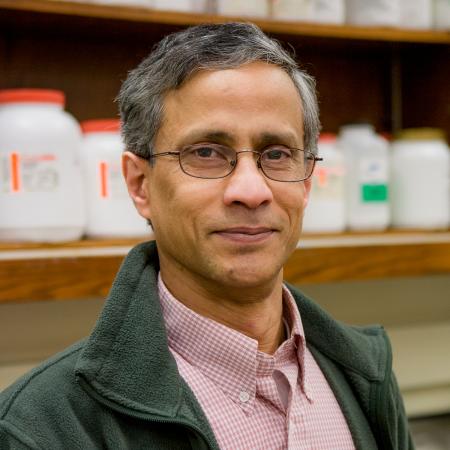
Dilip Nag, PhD [9]
Arbovirus Laboratory
We study mosquito-borne arboviruses, focusing on vertical transmission and persistent arboviral infections in mosquitoes. We are also interested in determining the role of RNA-RNA recombination in virus evolution.

Anil K. Ojha, PhD [10]
Mycobacterial Persistence and Pathogenesis
We investigate the influence of biofilm growth on the mechanisms of pathogenesis, persistence and drug tolerance in mycobacterial pathogens, with particular emphasis on Mycobacterium tuberculosis.

Joseph Orsini, PhD [11]
Deputy Director, Newborn Screening Program
We focus on simplifying and automating published low-volume newborn screening tests in order to transform them into high-volume assays.

Patrick J. Parsons, PhD [12]
Director, Division of Environmental Health Sciences
We study human exposure to toxic metals/metalloids (biomonitoring) and long-lived nuclides (radiobioassay); and develop novel speciation methods by coupling LC and GC to ICP-MS, while using portable XRF for field-based studies.

Janice D. Pata, PhD [13]
Polymerases, Mutations, and the Evolution of Antimicrobial Drug Resistance
We study the molecular mechanisms by which multiple DNA polymerases replicate bacterial genomes completely, with high accuracy and tolerance for DNA damage, yet also create mutations that give rise to antibiotic resistance.

Linda Styer, PhD [14]
Director, Bloodborne Viruses Laboratory

Derek Symula, PhD [15]
Director, Division of Laboratory Quality Certification
We study copy number variants (CNVs), which are widespread in the human genome and alter dosage of genes important in conditions ranging from HIV susceptibility to autism spectrum disorders. We seek to compile a catalog of CNVs and their frequencies.

Norma P. Tavakoli, PhD [16]
Newborn Screening Program
Screening has uncovered individuals whose sweat chloride values are above normal, but no other CF symptoms are identified. Our aim is to determine if other variants in the CFTR gene, or modifier genes, correlate with these abnormal levels.
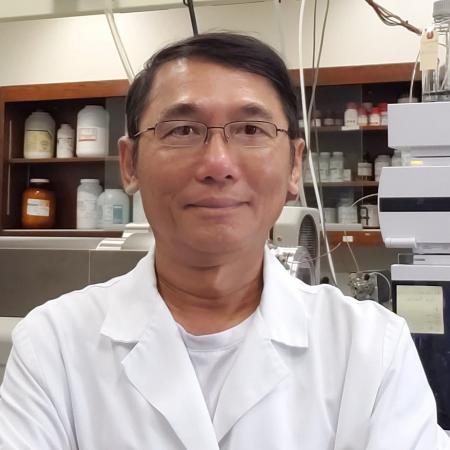
Buu N. Tran, PhD [17]
Organic and Analytical Chemistry Laboratory
We develop analytical methods to identify unknown chemicals in foods and environmental samples including toxic compounds and chemical terrorism agents, thus providing national surveillance of the food supply.
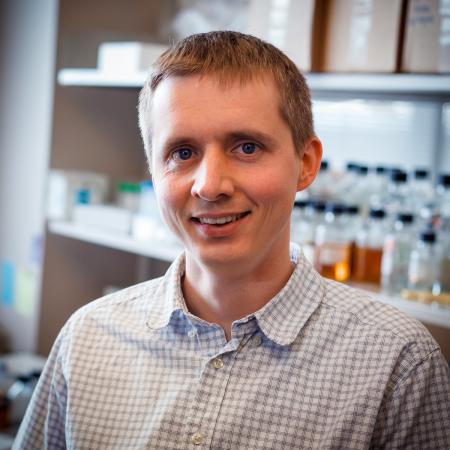
Joseph T. Wade, PhD [18]
Microbial Gene Expression
We study gene regulation in bacteria, with a focus on genome-scale approaches. We are interested in regulation of transcription, the function of non-coding RNAs, and leaderless translation initiation.

